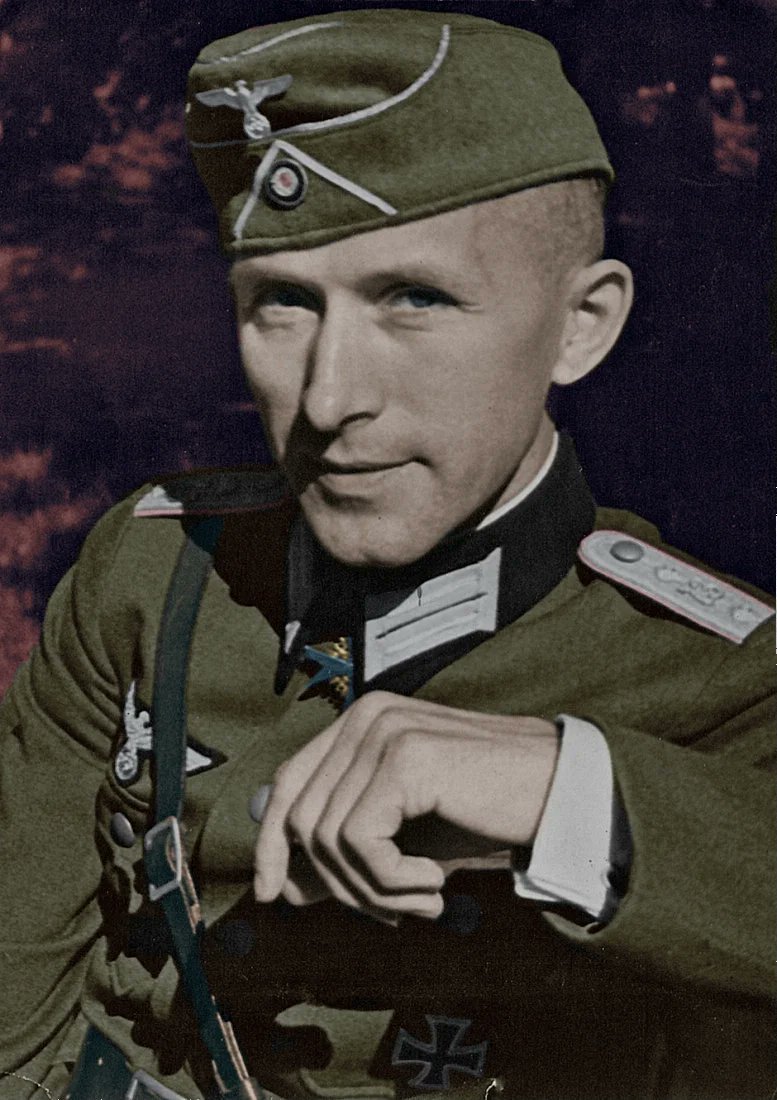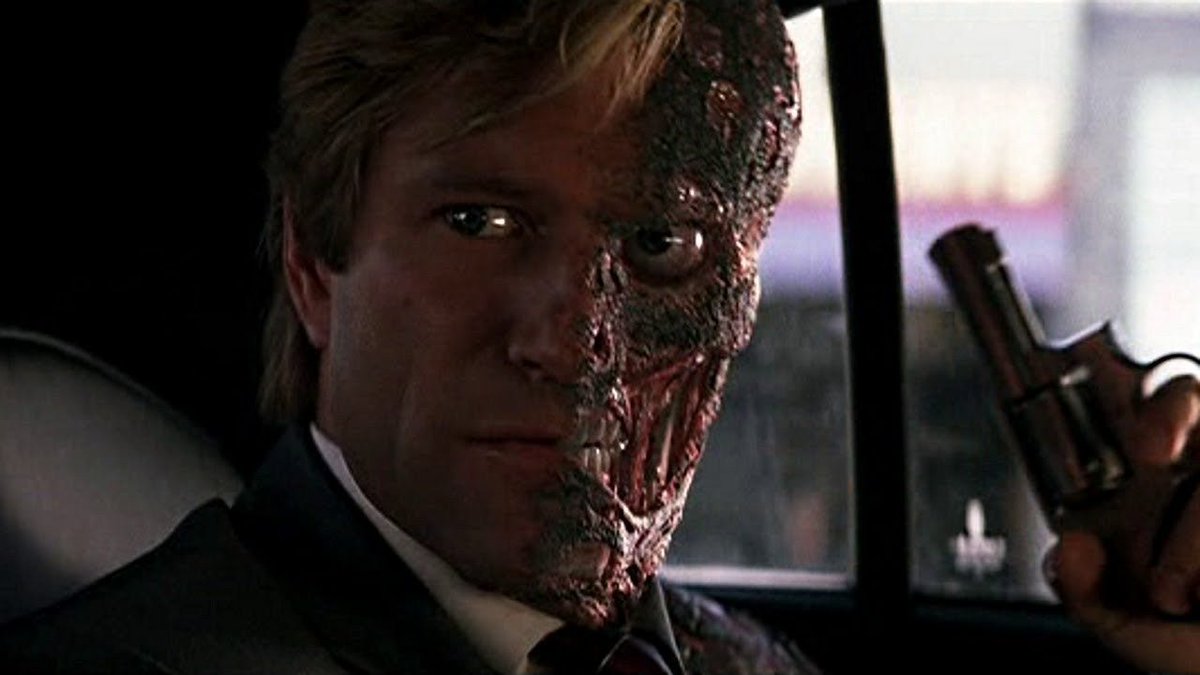H.L. Mencken hated modernity, opposed the New Deal, and was against American entry into WW-II
His productivity was legendary: he wrote more than 10 million words over his lifetime...
Mencken's most powerful idea:
Democracy is not a solution but a PROBLEM
A thread👇🏻
His productivity was legendary: he wrote more than 10 million words over his lifetime...
Mencken's most powerful idea:
Democracy is not a solution but a PROBLEM
A thread👇🏻

1/ Early democrats didn’t care for “the democratic ideal” at all
They had “highly materialistic” demands instead: “more to eat, less work, higher wages, lower taxes”
The masses didn’t wish to “exterminate the baron” but only to make him fulfill his “baronial” duties
They had “highly materialistic” demands instead: “more to eat, less work, higher wages, lower taxes”
The masses didn’t wish to “exterminate the baron” but only to make him fulfill his “baronial” duties
2/ Mencken on the French Revolution:
“The Paris proletariat, having been misled into killing its King in 1793, devoted the next two years to killing those who had misled it - by the middle of 1796 it had another King…with an attendant herd of barons, counts, marquises, dukes”
“The Paris proletariat, having been misled into killing its King in 1793, devoted the next two years to killing those who had misled it - by the middle of 1796 it had another King…with an attendant herd of barons, counts, marquises, dukes”
3/ Today democracy presumes that the masses possess a “deep, illimitable reservoir of righteousness & wisdom” as they’re “unpolluted by the corruption of privilege”
Somehow “what baffles statesmen is to be solved by the people, instantly and by a sort of seraphic intuition”
Somehow “what baffles statesmen is to be solved by the people, instantly and by a sort of seraphic intuition”
4/ Democracy INTENSIFIES groupthink and group identity:
“Democratic man is quite unable to think of himself as a free individual; he must belong to a group, or shake with fear and loneliness—and the group, of course, must have its leaders.”
More groups mean more leaders...
“Democratic man is quite unable to think of himself as a free individual; he must belong to a group, or shake with fear and loneliness—and the group, of course, must have its leaders.”
More groups mean more leaders...
5/ Democracies have the aristocracy of money - Mencken calls them “plutocrats”
But the plutocracy “lacks all the essential characters of a true aristocracy: a clean tradition, culture, public spirit, honesty, honor, courage—above all, courage. It is transient and lacks a goal.”
But the plutocracy “lacks all the essential characters of a true aristocracy: a clean tradition, culture, public spirit, honesty, honor, courage—above all, courage. It is transient and lacks a goal.”
6/ The plutocrats lack “an aristocratic disinterestedness born of aristocratic security”
Democracies birth their intellectual apologists - Mencken calls them “pedagogues”
These are not genuine thinkers; they’re “men chiefly marked by their haunting fear of losing their jobs”
Democracies birth their intellectual apologists - Mencken calls them “pedagogues”
These are not genuine thinkers; they’re “men chiefly marked by their haunting fear of losing their jobs”
7/ The pedagogue's job is to ensure adherence to the latest law dreamt up by the mob or by the plutocrats
Mencken:
“The pedagogue, in the long run, shows the virtues of the Congressman, the newspaper editorial writer or the butler, not those of the aristocrat”
Mencken:
“The pedagogue, in the long run, shows the virtues of the Congressman, the newspaper editorial writer or the butler, not those of the aristocrat”

8/ Freud said we repress our sex drive as it’s frowned upon, but there’s nothing that democracy frowns upon more than a CLEAR proof of superiority...
Democracy says “the most worthy & laudable citizen is that one who is most like all the rest”
Hence we REPRESS our urge to excel
Democracy says “the most worthy & laudable citizen is that one who is most like all the rest”
Hence we REPRESS our urge to excel
9/ This age demands we repress our greatness:
“A man who has throttled a bad impulse has at least some consolation in his agonies. But a man who has throttled a good one is in a bad way indeed. Yet this great Republic swarms with such men, & their sufferings are under every eye”
“A man who has throttled a bad impulse has at least some consolation in his agonies. But a man who has throttled a good one is in a bad way indeed. Yet this great Republic swarms with such men, & their sufferings are under every eye”
10/ Democracy lives on envy
Mencken:
“No doubt my distaste for democracy as a political theory is, like every other human prejudice, due to an inner lack—to a defect that is a good deal less in the theory than in myself. In this case it is very probably my incapacity for envy.”
Mencken:
“No doubt my distaste for democracy as a political theory is, like every other human prejudice, due to an inner lack—to a defect that is a good deal less in the theory than in myself. In this case it is very probably my incapacity for envy.”
11/ Mencken on the two worst crimes in a democracy:
“There is only one sound argument for democracy, and that is the argument that it is a crime for any man to hold himself out as better than other men, and, above all, a most heinous offense for him to prove it.”
“There is only one sound argument for democracy, and that is the argument that it is a crime for any man to hold himself out as better than other men, and, above all, a most heinous offense for him to prove it.”
12/ What Mencken admires:
“What I admire most in any man is a serene spirit, a steady freedom from moral indignation, an all-embracing tolerance-in brief, what is commonly called good sportsmanship”
But all he sees in democracy is DISTURBED spirits being intolerant of greatness
“What I admire most in any man is a serene spirit, a steady freedom from moral indignation, an all-embracing tolerance-in brief, what is commonly called good sportsmanship”
But all he sees in democracy is DISTURBED spirits being intolerant of greatness
13/ Mencken’s ideal man should not be “mistaken for one who shirks the hard knocks of life”
Indeed, Mencken’s aristocrat is “frequently an eager gladiator, vastly enjoying opposition”
But he’s a gentleman who doesn’t “snort” at his opponent but considers him honorable
Indeed, Mencken’s aristocrat is “frequently an eager gladiator, vastly enjoying opposition”
But he’s a gentleman who doesn’t “snort” at his opponent but considers him honorable
14/ Mencken:
“The democratic politician, confronted by the dishonesty and stupidity of his master, the mob, tries to convince himself and all the rest of us that it is really full of rectitude and wisdom.”
To gain power in a democracy, men sacrifice their self-respect
“The democratic politician, confronted by the dishonesty and stupidity of his master, the mob, tries to convince himself and all the rest of us that it is really full of rectitude and wisdom.”
To gain power in a democracy, men sacrifice their self-respect
15/ Feudalism v/s Democracy:
“The essential objection to feudalism was that it imposed degrading acts & attitudes upon the vassal; the essential objection to democracy is that it imposes degrading acts & attitudes upon the men responsible for the welfare & dignity of the state.”
“The essential objection to feudalism was that it imposed degrading acts & attitudes upon the vassal; the essential objection to democracy is that it imposes degrading acts & attitudes upon the men responsible for the welfare & dignity of the state.”
16/ Democracy is not friendly to truth as the mob prefers pliable lies to immovable facts
H.L. Mencken:
“Truth has a harshness that alarms them, and an air of finality that collides with their incurable romanticism.”
H.L. Mencken:
“Truth has a harshness that alarms them, and an air of finality that collides with their incurable romanticism.”
17/ If democrats are so sure they have the right answer, why do they abandon their “whole philosophy” and become “despots” at the “first sign of strain”?
Mencken:
“I need not point to what happens invariably in democratic states when the national safety is menaced”
Mencken:
“I need not point to what happens invariably in democratic states when the national safety is menaced”
18/ Mencken believed that over the long-term, democracy might cancel itself out:
“For all I know, democracy may be a self-limiting disease, as civilization itself seems to be. There are thumping paradoxes in its philosophy, and some of them have a suicidal smack”
“For all I know, democracy may be a self-limiting disease, as civilization itself seems to be. There are thumping paradoxes in its philosophy, and some of them have a suicidal smack”
Do people actually want to be free?
Mencken emphatically responds: NO
I explore his argument in the following piece...
Discover why people prefer comfort to liberty
And why actual freedom is terrifying to most👇🏻
new.memod.com/MrOldBooks/why…
Mencken emphatically responds: NO
I explore his argument in the following piece...
Discover why people prefer comfort to liberty
And why actual freedom is terrifying to most👇🏻
new.memod.com/MrOldBooks/why…
Thank you for reading fren!
I appreciate your time
If you enjoyed this
Pls RT and Mencken-Pill your timeline!
👇🏻
https://t.co/UPY7IgN9AJ

I appreciate your time
If you enjoyed this
Pls RT and Mencken-Pill your timeline!
👇🏻
https://t.co/UPY7IgN9AJ
https://twitter.com/oldbooksguy/status/1683146492100640769

• • •
Missing some Tweet in this thread? You can try to
force a refresh

 Read on Twitter
Read on Twitter
















